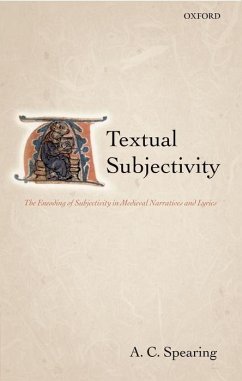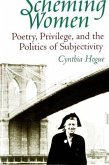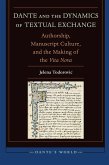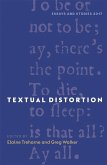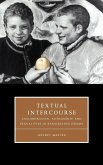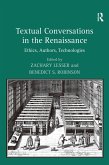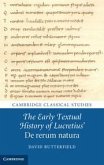This book investigates how subjectivity is encoded in the texts of a wide variety of medieval narratives and lyrics - not how they express the subjectivity of individuals, but how subjectivity, escaping the bounds of individuality, is incorporated in the linguistic fabric of their texts. Most of the poems discussed are in English, and the book includes analyses of Chaucer's "Troilus and Criseyde", "Man of Law's Tale", and "Complaint Unto Pity", the works of the Pearl poet, "Havelok the Dane", the lyric sequence attributed to Charles of Orleans (the earliest such sequence in English), and many anonymous poems. It also devotes sections to Ovid's "Heroides" and to poems by the troubadour Bernart de Ventadorn. For the first time, it brings to bear on medieval narratives and lyrics a body of theory which denies the supposed necessity for literary texts to have narrators or 'speakers', and in doing so reveals the implausibilities into which a dogmatic assumption of this necessity has led much of the last century's criticism.
Textual Subjectivity brings to Medieval poems for the first time an approach which denies the need to understand them as expressions of individual consciousness. Modern theory liberates medieval narratives and lyrics from interpretative assumptions so deep-rooted as to have become invisible, and leads to original readings of major and minor poems.
Hinweis: Dieser Artikel kann nur an eine deutsche Lieferadresse ausgeliefert werden.
Textual Subjectivity brings to Medieval poems for the first time an approach which denies the need to understand them as expressions of individual consciousness. Modern theory liberates medieval narratives and lyrics from interpretative assumptions so deep-rooted as to have become invisible, and leads to original readings of major and minor poems.
Hinweis: Dieser Artikel kann nur an eine deutsche Lieferadresse ausgeliefert werden.
